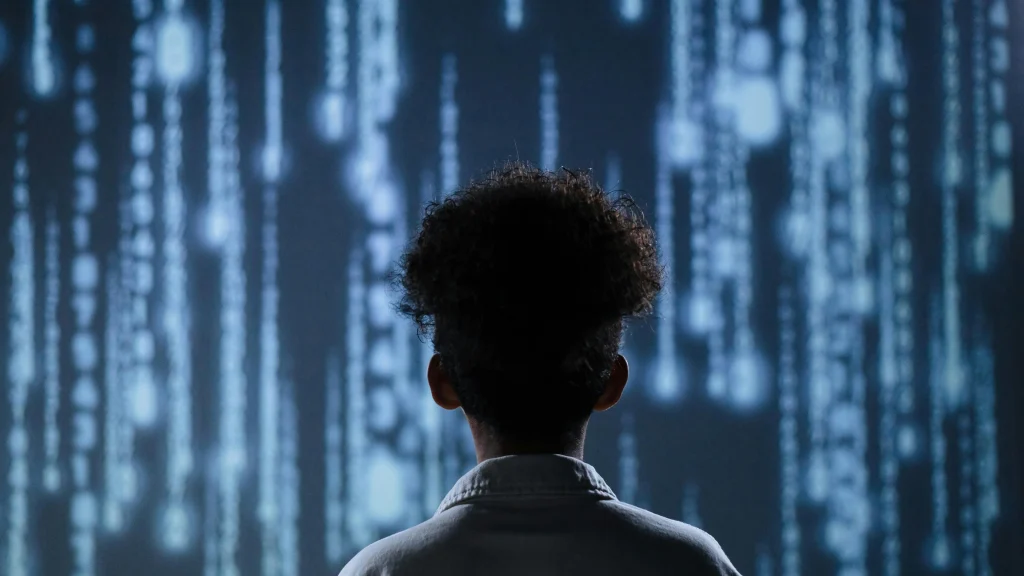Why Soft Skills Are the Hardest to Master in Corporate Training
In corporate learning, technical skills often steal the spotlight. They’re measurable, straightforward, and tied directly to job functions. But when it comes to long-term success, it’s soft skills—like communication, emotional intelligence, and adaptability—that truly set employees and leaders apart. The challenge? They’re notoriously hard to master.

Soft skills aren’t about memorizing a formula or following a checklist. They involve human behavior, perception, and interpersonal dynamics—areas that don’t change overnight. Unlike coding or data analysis, these skills evolve through practice, reflection, and real-world application.
“Soft skills can’t be downloaded; they must be lived, experienced, and refined over time.”
For example, improving conflict resolution skills isn’t about knowing the theory—it’s about navigating real conflicts under pressure. Similarly, building empathy requires awareness, listening, and genuine interaction, which can’t be replicated in a static training module.

So how can organizations approach soft skill development effectively?
- Experiential learning: Simulations, role plays, and peer feedback create authentic growth opportunities.
- Coaching & mentoring: Personalized feedback from leaders or coaches accelerates skill-building.
Ongoing reinforcement: One-off workshops aren’t enough. Continuous practice, reminders, and cultural alignment make the difference.

Organizations that succeed in embedding soft skills into their training culture see measurable returns: stronger collaboration, higher employee engagement, and better leadership pipelines. It’s not easy, but it’s the foundation of resilient, high-performing teams.
“Technical skills may open doors, but it’s soft skills that keep them open.”